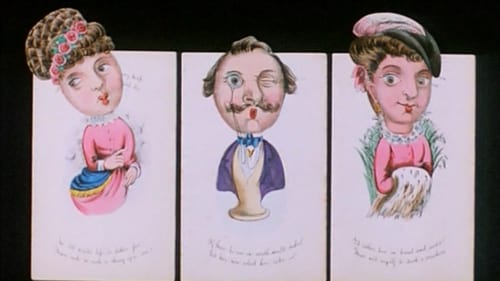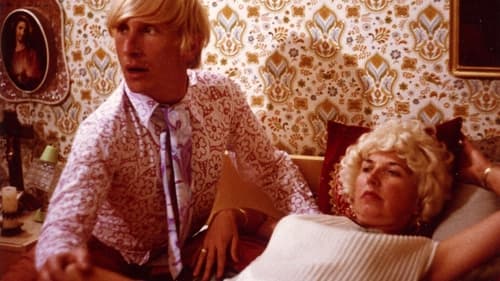
Self
In conversations with his friends and colleagues, among them Bernd Upnmoor, Helmut Herbst, Alexander Kluge, Klaus Wyborny, Daniel Kothenschulte and Helge Schneider, Ulrike Pfeiffer takes us on a journey into the broad expanse of Nekes' cabinet of wonder and his cinematic works. At the same time, this documentary provides an insight into the history of experimental film in Germany.

Himself
A documentary about the 'critical mass', the Film Coop, a group of young filmmakers in Hamburg during the 1960s - a small group far from the Mainstream or the New German Cinema.

Camera Operator
Other essential predecessors of film were those devices that created the illusion of motion by taking advantage of the persistence of vision and the stroboscopic effect, such as the thaumatrope, phenakistoscope or wheel of life, zoetrope or magic drum and praxinoscope and later on, the more sophisticated flip-books such as the kinora and mutoscope.

Camera Operator
The film looks at ways of creating spezial illusions through amiguous images, perspective theatres, folding peepshows and from the 19th century, the stereoscope, which look forward to today’s holography.

Camera Operator
The history of the magic lantern with demonstrations of moving slides, watertank or polarisation slides, followed by images on paper, which are brought to life with mechanical manipulations, with light shining through them or as panorama.

Camera Operator
The film traces the history of the camera obscura, the understanding of perspective and anamorphosis, peepshows and it shows the beauty of historical shadowtheaters and shadow toys.

Director of Photography
An exhilarating and amusing encyclopedic look at the "prehistory" of cinema. Werner Nekes charts the fascination with moving pictures which led to the birth of film, covering shadow plays, peep shows, flip books, flicks, magic lanterns, lithopanes, panoramic, scrolls, colorful forms of early animation, and numerous other historical artiffices. Working with these formats, early "producers" created melodramas, comedies, -- as well as lots of pornography -- anticipating most of the forms known today. Nekes probes these colorful toys and inventions in a rich and rewarding optical experience. Film Before Film is a bewildering assault of exotic (and sometimes erotic) images and illusions.

Director of Photography
Jurgen is an unknown electrician with a dream of pop stardom. His mother browbeats him into fame, while two managers compete for his contract. All Johnny really wants to do is get some sleep.

Cinematography
In this sequel to Die Bettwurst, Dietmar and Luzi are a somewhat unorthodox couple, who live and fight with tremendous enthusiasm. The unusual nature of their liaison is signalled by the fact that Dietmar is bisexual and is completely unable to remain faithful to Luzi. Dietmar also has his own, personal dialect of German. Luzi, on the other hand, is coziness personified. No matter, in this film they get married at the Memorial Church in Berlin. Infuriated at his playing around, Luzi briefly splits up with him, but when her dog dies of poisoning, he is there to comfort her.

Editor
It is love at first sight: elderly secretary Luzi and young, unemployed Dietmar find each other by accident in Rosa von Praunheim’s outrageous genre, social satire.

Director
A film director's personal ad, seeking a woman who is also a filmmaker.








